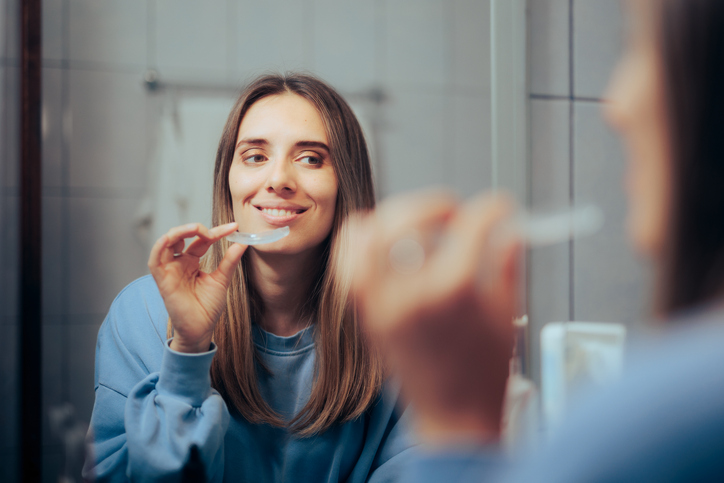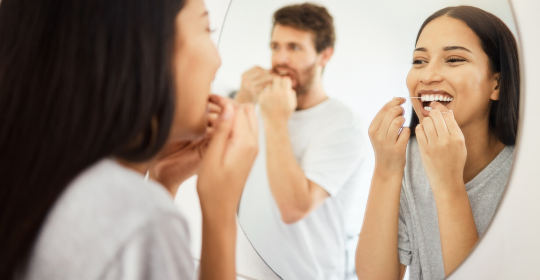 20 September 2022
20 September 2022
During the holiday period it’s important to think about what we consume. Chocolate bunnies, hot cross buns and lollies are plentiful which means keeping cavities away should be top of mind over the school holidays. Cavities form when plaque that grows daily on our teeth comes into contact with sugar from food and drinks we consume. Plaque bacteria use sugar as a source of energy to multiply, grow and once digested, they release harmful toxins and acid over our teeth surfaces. It is this acid that burns through our tooth enamel to cause tooth decay whilst the harmful bacterial toxins cause gum disease.
What are the best ways we can stay cavity free?
Not all chocolates are the same
When it comes to chocolate, the choices are infinite. Dark chocolate contains a greater amount of cacao compared to milk chocolate (70% Cacao) and the good news is that dark chocolate is less harmful to the teeth than other types of chocolate. This is largely due to a compound found in dark chocolate known as Cocao Bean Husk (CBH). Research on CBH in dark chocolate has shown promising results in its ability to prevent bacteria from developing on tooth surfaces[1]. Dark chocolate also generally has less sugar (6-8 grams per serving) which is better for your general and oral health.
Although we recommend limiting the quantity and frequency of chocolate and sugary food consumption, if you are going to choose an Easter treat, make it dark.
Don’t snack all day
Continual snacking on your treats will feed the decay causing bacteria, exposing your teeth to acid the germs produce. If you eat frequent meals or snack a lot during the day, your saliva cannot reach a natural balance threatening enamel health. Typically, your teeth can be exposed to four “sugar hits” – episodes of sugar intake – daily without irreversible damage to the teeth[2]. The best time to eat the chocolate and sugary treats is with a main meal, limiting the acid loving bacteria to flourish.
Drink tap water and rinse after eating
A dry mouth allows plaque bacteria to be retained in the mouth. Regular rinsing and drinking of tap water keeps the mouth hydrated limiting the amount of bacteria in the mouth.
Limit night time sweet treats
If you eat right before bed, even if it’s a regular meal, you increase the risk that your saliva won’t adequately rebalance your oral environment and cavity causing bacteria will cause you problems. Make sure you schedule your food early enough to give your oral environment time to settle, certainly no less than 30 minutes before bed.
Regular Brushing and Flossing
If you are indulging in sweet treats, it is even more important to stick to a regular daily brushing and flossing regime. Brushing your teeth for 2 minutes morning and night will reduce plaque build-up causing cavities. The World Dental Federation recommends waiting at least 30 minutes after eating to brush your teeth.[3] Brushing too soon after having acidic foods or drinks can remove enamel on your teeth that’s been already weakened by acid.
So what are the signs of a cavity?
If you feel something doesn’t feel right in your mouth, it might be the sign a cavity is forming or has appeared. Signs of a cavity may include; toothache, pain and sensitivity to hot, cold, sugary or acidic food and drinks, or visible dark spots on the tooth’s surface.
Your Pacific Smiles Dentist is on hand for your dental emergency needs. Should you have any dental concerns or are due for your 6 monthly check-up, book your appointment online.
Click the image below to open a downloadable pdf of your brushing chart:







